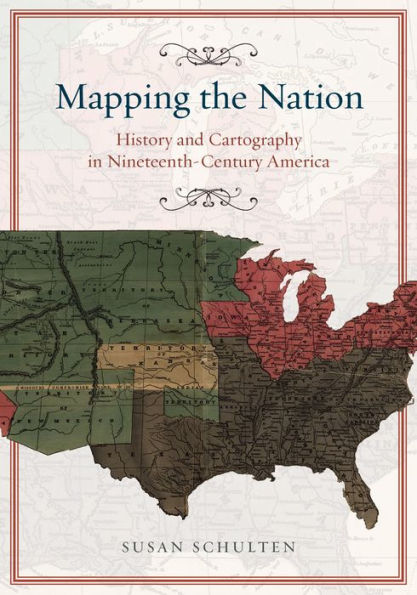Home
Beyond Imagined Communities: Reading and Writing the Nation in Nineteenth-Century Latin America
Barnes and Noble
Beyond Imagined Communities: Reading and Writing the Nation in Nineteenth-Century Latin America
Current price: $29.00


Barnes and Noble
Beyond Imagined Communities: Reading and Writing the Nation in Nineteenth-Century Latin America
Current price: $29.00
Size: OS
Loading Inventory...
*Product information may vary - to confirm product availability, pricing, shipping and return information please contact Barnes and Noble
How did the nationalisms of Latin America's many countries—elaborated in everything from history and fiction to cookery—arise from their common backgrounds in the Spanish and Portuguese empires and their similar populations of mixed European, native, and African origins?
Beyond Imagined Communities: Reading and Writing the Nation in Nineteenth-Century Latin America
, discards one answer and provides a rich collection of others.
These essays began as a critique of the argument by Benedict Anderson's highly influential book
Imagined Communities: Reflections on the Origin and Spread of Nationalism
. Anderson traces Latin American nationalisms to local circulation of colonial newspapers and tours of duty of colonial administrators, but this book shows the limited validity of these arguments.
Instead,
Beyond Imagined Communities
shows how more diverse cultural influences shaped Latin American nationalisms. Four historians examine social situations: François-Xavier Guerra studies various forms of political communication; Tulio Halperín Donghi, political parties; Sarah C. Chambers, the feminine world of salons; and Andrew Kirkendall, the institutions of higher education that trained the new administrators. Next, four critics examine production of cultural objects: Fernando Unzueta investigates novels; Sara Castro-Klarén, archeology and folklore; Gustavo Verdesio, suppression of unwanted archeological evidence; and Beatriz González Stephan, national literary histories and international expositions.
Beyond Imagined Communities: Reading and Writing the Nation in Nineteenth-Century Latin America
, discards one answer and provides a rich collection of others.
These essays began as a critique of the argument by Benedict Anderson's highly influential book
Imagined Communities: Reflections on the Origin and Spread of Nationalism
. Anderson traces Latin American nationalisms to local circulation of colonial newspapers and tours of duty of colonial administrators, but this book shows the limited validity of these arguments.
Instead,
Beyond Imagined Communities
shows how more diverse cultural influences shaped Latin American nationalisms. Four historians examine social situations: François-Xavier Guerra studies various forms of political communication; Tulio Halperín Donghi, political parties; Sarah C. Chambers, the feminine world of salons; and Andrew Kirkendall, the institutions of higher education that trained the new administrators. Next, four critics examine production of cultural objects: Fernando Unzueta investigates novels; Sara Castro-Klarén, archeology and folklore; Gustavo Verdesio, suppression of unwanted archeological evidence; and Beatriz González Stephan, national literary histories and international expositions.


















